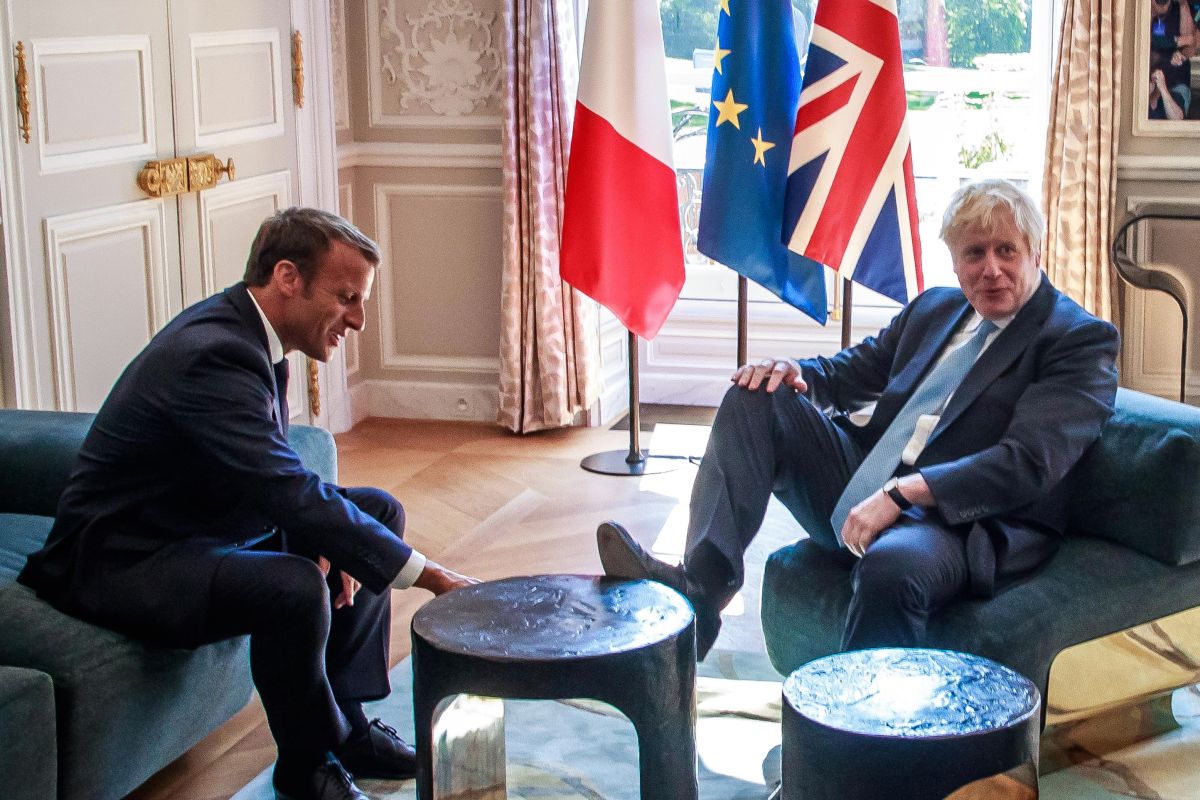After French president Emanuel Macron gave until the end of the week to Boris Johnson to revise his Brexit plan the latter has urged Macron to “push forward” to secure a Brexit deal and told him the EU should not be lured into the mistaken belief that the UK would stay in the bloc after October 31.
Johnson discussed his Brexit proposal, which has received a cold reception in Brussels, with Macron and Portuguese Prime Minister Antonio Costa on Sunday.
Advertisement
“This is the chance to get a deal done, a deal that is backed by parliamentarians and a deal which involves compromise on all sides,” a senior British government source said on Sunday. “The UK has made a big, important offer but it’s time for the Commission to show a willingness to compromise too. If not the UK will leave with no deal.”
With the October 31 deadline approaching, Johnson has consistently said he will not ask for another delay to Brexit, but also when asked about legislation that forces him to request one if no withdrawal deal has been agreed by October 19, he has said he will not break the law.
He has not explained the apparent contradiction in his comments.
With just 24 days before the United Kingdom is due to leave the EU, the future of Brexit, its most significant geopolitical move since World War Two, is uncertain. It could leave with a deal or without one – or not leave at all. Both sides are positioning themselves to avoid blame for a delay or a disorderly no-deal Brexit.
(With inputs from agencies)









